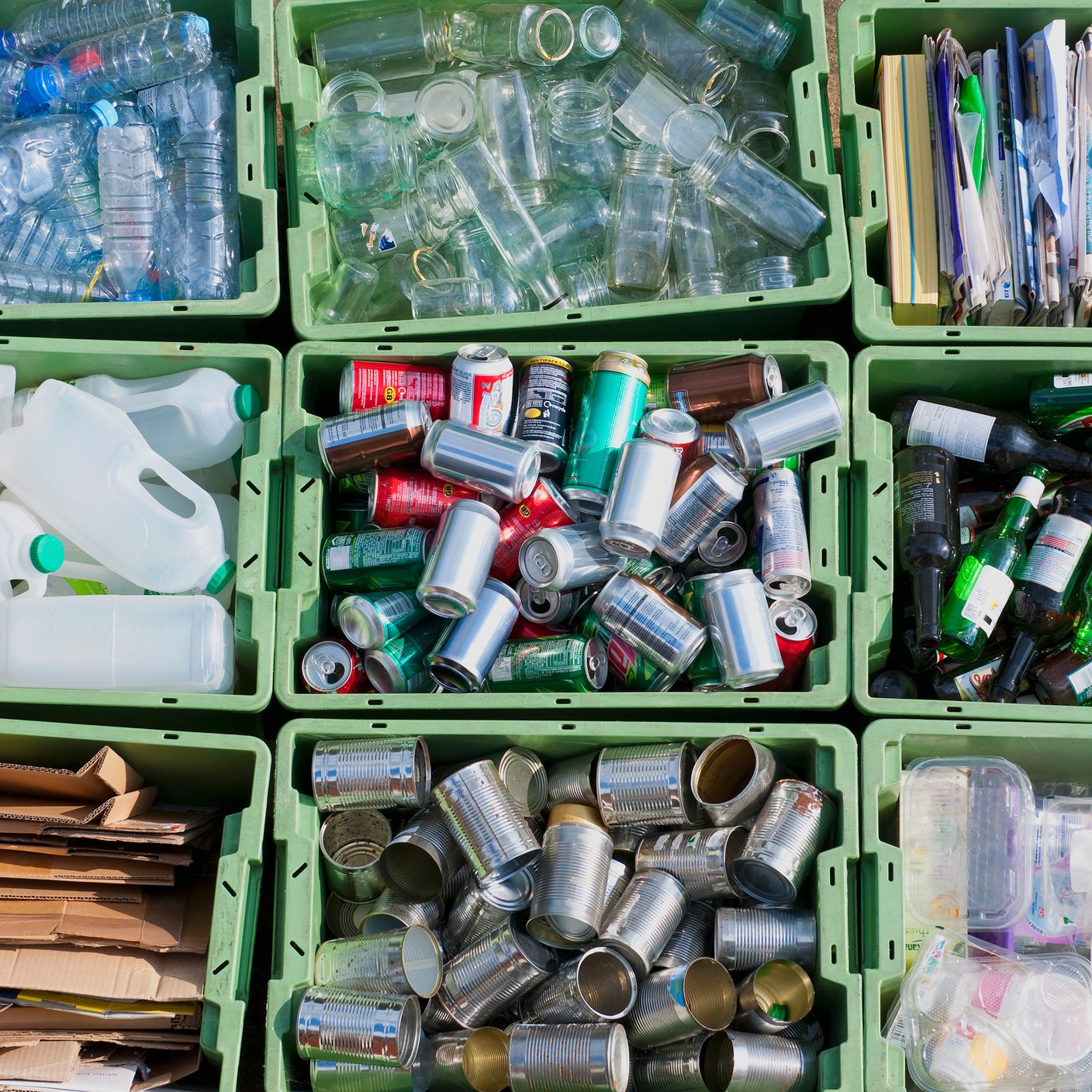As countries race to reduce waste and boost recycling, Extended Producer Responsibility (EPR) regulations are quickly becoming powerful global policies that are reshaping how companies design, package, and take responsibility for their products. Reports indicate that more than 60 countries have adopted EPR policies at varying stages, including close to 40 countries throughout Europe; more than a dozen in Asia; nearly 10 in the Americas, Australia and New Zealand; and a few early development stage programs across Africa.
In the United States for example, more than half a dozen states are quickly implementing EPR legislation, with several more states expected to follow suit. (Read Extended Producer Responsibility (EPR) laws in the US: EPR regulations explained.)
Under EPR laws, producers are responsible for the collection, recycling, and proper disposal of the packaging and products they place on the market. Organizations producing and/or selling internationally must stay informed about global EPR regulations to avoid penalties and streamline compliance across multiple markets.
The first established EPR regulation was Germany’s Packaging Ordinance (Verpackungsverordnung [VerpackV]) in 1991. The passing of VerpackV was fueled by the fact that waste—particularly packaging waste (half of landfill volume and a third of waste)—was pushing the capacity of the country’s landfills, requiring nationwide change.
Canada
In Canada, both EPR and “product stewardship” programs are used to manage products at their end of life. The are a few subtle differences in the two approaches.
EPR programs:
- Identify end-of-life management of products as the responsibility of producers (e.g., brand owners, first importers or manufacturers)
- Funding is provided by producers
- Costs can be internalized as a factor of production or may be passed on to consumers
Product stewardship programs:
- Allocate responsibility to provincial/territorial or municipal governments
- Legislated environmental fees and/or public funds are commonly used as a funding base
- Usually do not allocate financial responsibility to producers
- Most provinces require producers to cover recycling costs for packaging and printed paper
Requirements:
- Registration with provincial EPR programs (e.g., Stewardship Ontario, Recycle BC)
- Annual reporting of packaging sold by material type and weight
- Payment of program fees based on the packaging category
Penalties include fines, legal action, or suspension of sales for noncompliance.
European Union
The EU’s Packaging and Packaging Waste Directive (PPWD) sets material-specific recycling targets, implemented through national compliance schemes, and addresses all packaging and packaging waste on the European market, including all materials and packaging in commercial, household, industrial and other sectors.
Requirements:
- Registration with national EPR programs
- Reporting on packaging placed on the market
- Payment of fees to compliance schemes based on volume and recyclability
Penalties include fines, sales suspension, and potential criminal liability for repeated violations. The PPWD entered into force on February 11, 2025, and compliance requirements begin in August 2026.
Japan
The Container and Packaging Recycling Law (1997) in Japan obligates producers to fund the recycling of certain packaging materials.
Requirements:
- Separate and recycle plastics, paper, glass, and metal packaging
- Submit annual recycling plans and reports
- Pay fees to designated recycling organizations
Penalties include administrative fines or business restrictions for noncompliance.
South Korea
South Korea enforces strict packaging and plastic regulations under the Resource Circulation Act (officially the Framework Act on Resource Circulation). This law aims to transform the nation into a “resource-circulating society” by minimizing waste and maximizing recycling and reuse.
Requirements:
- Reduce packaging weight and improve recyclability
- Register with the Korea Environment Corporation (KECO)
- Report annual sales and packaging volumes; pay fees by material type
Penalties include heavy fines, mandatory corrective actions, and reputational risk from public disclosure of violators.
Other notable global markets
- Australia: The National Packaging Targets require companies to ensure that 100% of packaging is recyclable, reusable, or compostable by 2025. Producers must join state-level EPR schemes.
- Brazil: Brazil’s National Policy on Solid Waste (PNRS) requires manufacturers, importers, distributors, and sellers of packaging to implement reverse-logistics systems under its solid-waste framework (Law 12.305) so packaging is reused or recycled rather than simply discarded.
- Chile: Under Law 20.920, Chile operates a mandatory EPR system in which producers of priority products, including packaging, must establish collection, recovery, and recycling schemes and meet government-set goals.
- China: The Law of the People’s Republic of China on Prevention and Control of Environmental Pollution by Solid Waste expands regulations for electronics and packaging, , requiring registration, recycling reporting, and payment of recycling fees.
- France: Since the 1992 law now codified under Article L541-10 of the French Environmental Code, producers placing packaging, paper, textiles, electrical and electronic equipment (EEE), batteries, and other product types on the French market must finance or organize the end-of-life management (collection, sorting, recycling) of their items, and, as of January 1, 2025, this has been extended to industrial and commercial packaging as well.
- India: The Plastic Waste (Management and Handling) Rules, 2016 (with amendments in 2022), mandates that producers, importers, and brand-owners of plastic packaging in India register and take responsibility for collecting, recycling, or disposing of the waste they place on the market.
- New Zealand: Voluntary EPR initiatives for packaging have been introduced, with mandatory requirements expected in the near future.
- Sweden: Under Swedish regulation (e.g., Ordinance [2022:1274] for packaging) effective from January 1, 2023, companies that manufacture, fill, import, or sell packaging or packaged products in Sweden are legally required to take financial or operational responsibility for the collection, recycling, and treatment of that packaging, including appointing or affiliating with an approved Producer Responsibility Organization (PRO).
- United Kingdom: The UK’s new EPR for packaging regime makes producers financially responsible for the full cost of managing household packaging waste, including collection, recycling, and disposal, under forthcoming regulations.
As EPR regulations continue to grow globally, organizations face difficult tasks to ensure compliance in the countries where they both operate and distribute products. Centralizing packaging data, harmonizing materials for recyclability, and working with approved EPR organizations can simplify both the reporting and compliance process.
Meet our EPR and global sustainability experts:
Ethan Redden, Circularity and Carbon Lead for Sustainability
Gouri Ganbavale, Senior Consultant specializing in climate science for Sustainability
Desmond Zheng, Greenhouse Gas Reporting and Reduction Lead for Sustainability








